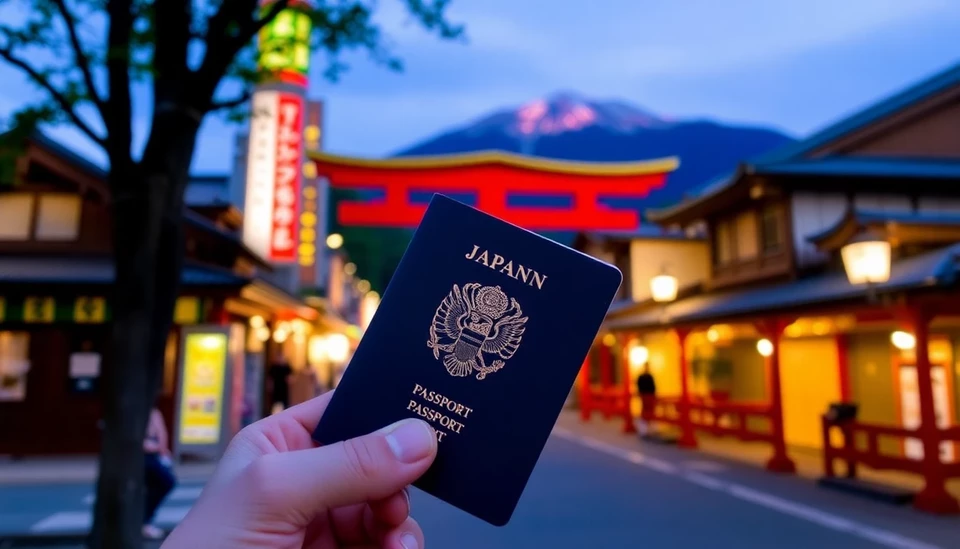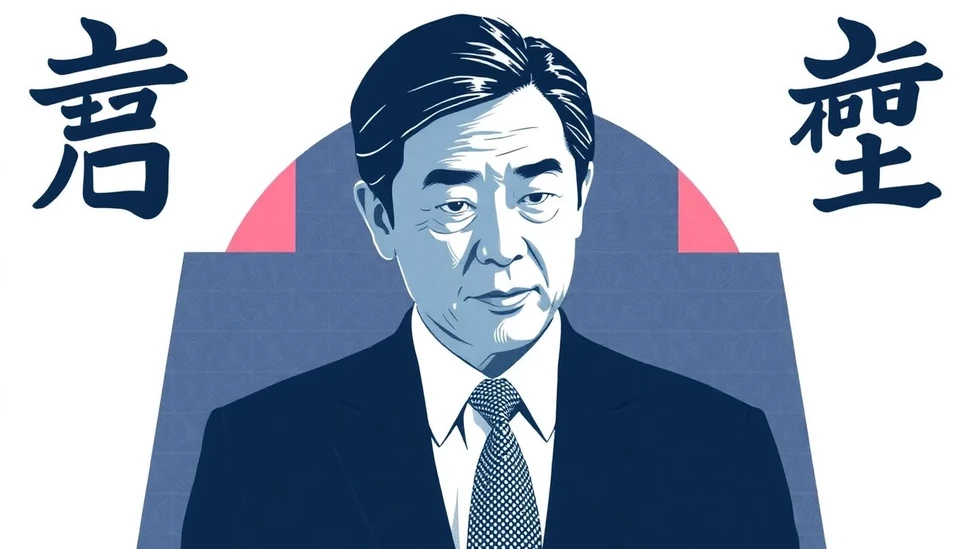
In a surprising revelation, only 17% of Japanese citizens currently hold a passport, shedding light on the significant impact of the country's economic climate on travel preferences. This startling statistic emerges against the backdrop of a depreciating yen, which has made overseas travel increasingly expensive for many Japanese nationals.
The low passport ownership rate can be attributed to various factors, including economic constraints and a cultural tendency among many Japanese to vacation within their own borders instead of venturing abroad. As the yen weakens, concerns over affordability appear to dissuade potential travelers from seeking international destinations. The rising cost of foreign travel, exacerbated by the yen's depreciation, is leading to a noticeable decline in passport applications.
Experts analyze that the sharp decline in passport ownership is not just a reflection of economic realities but also of changing societal norms. In an era where international travel has become more accessible, the low rate of passport holders in Japan raises questions about the future of global travel interests among the Japanese population. With many opting for domestic travel, the tourism industry in Japan is experiencing a revitalization, capturing the interest of those seeking the rich cultural heritage and natural beauty within the nation.
However, this recently revealed statistic could pose challenges for Japan’s ambitions to participate fully in the global travel market. The tourism industry’s dependence on international travelers, coupled with a declining domestic interest in overseas trips, may hinder its growth potential in a post-pandemic world, where countries are eager to see a resurgence in tourism.
Government officials and tourism advocates are concerned about these trends, as they signal a need for improved initiatives to encourage international travel among citizens. Efforts could include promoting the benefits of experiencing diverse cultures, harnessing travel incentives, and fostering policies that can stabilize the yen and counteract rising travel costs.
As passport ownership remains alarmingly low, Japan's potential for growth in international tourism experience hangs in the balance. Without interventions aimed at reversing these trends, Japan might struggle to regain its foothold in the global travel landscape, ultimately affecting its economy and cultural exchange opportunities.
The time for action is now, as both domestic and international stakeholders must unite to nurture interests in overseas travel among Japanese citizens. The landscape of travel ownership looks precarious, but a cooperative effort could inspire a new generation of globetrotters eager to explore beyond their shores.
As Japan contemplates its position in the world of travel, the long-standing allure of exploring foreign cultures remains potent, but it requires a renewed commitment from citizens and leaders alike to ensure that passport ownership no longer reflects a distant dream.
#Japan #Travel #Tourism #PassportOwnership #WeakYen #GlobalTravel #CulturalExchange
Author: Laura Mitchell




